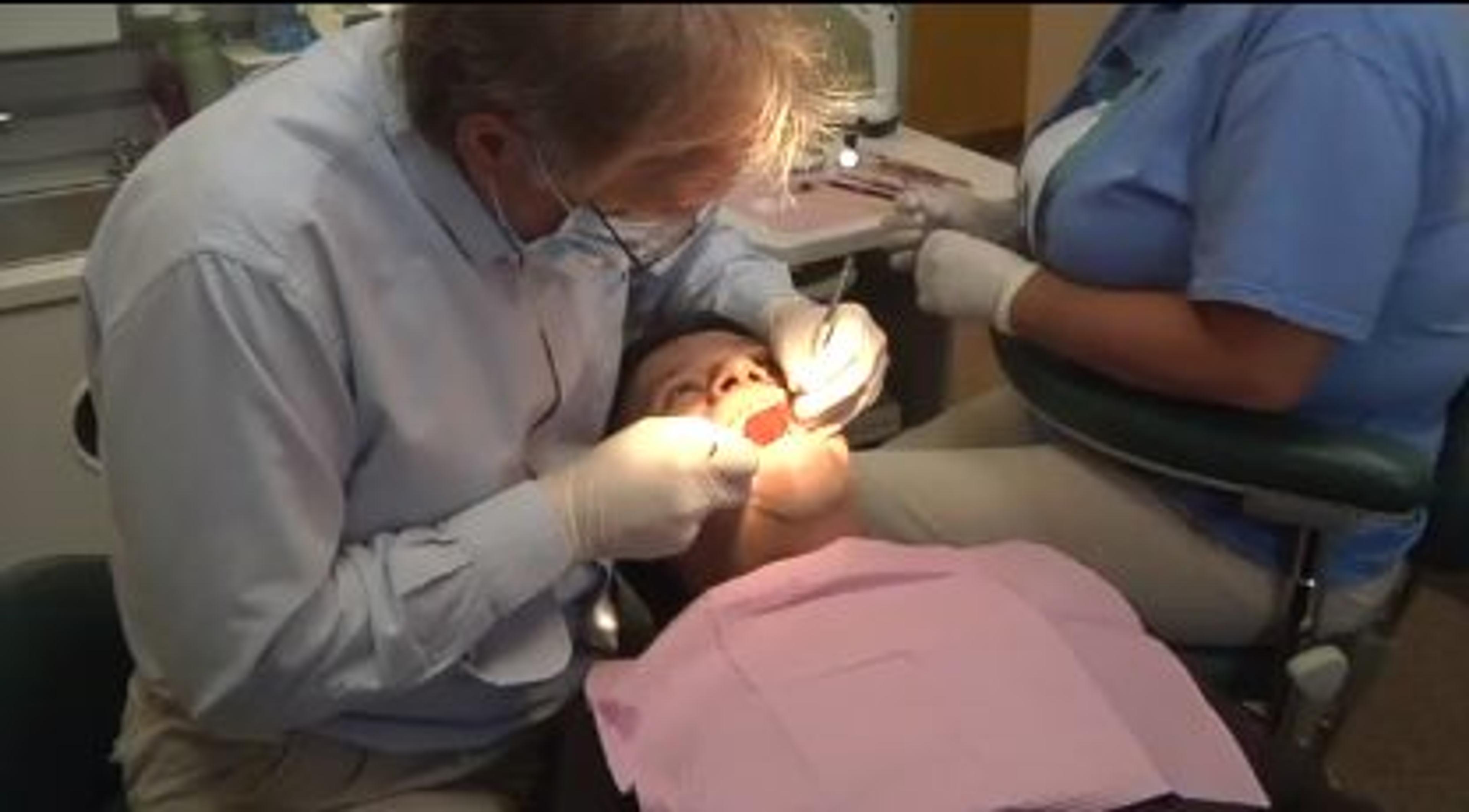Ask the Dentist: When should I get my wisdom teeth out?

Dr. Gary Vance
| 2 min read

All of your baby teeth may have been replaced many years ago, but you may begin to notice a few new teeth trying to erupt in the back of your mouth – these are your third molars or better known as – your wisdom teeth.
In some cases, these molars can be valuable to the mouth if they’re healthy and properly aligned. However, many times these wisdom teeth need to be removed due to their misalignment and/or potential to cause pain and damage adjacent teeth.
Your dentist will help you decide if removing these late arrivals is the best option for you by evaluating the following factors:
- It is impacted? Just like public transportation passengers try to squeeze into a crowded bus or train, wisdom teeth try to maneuver themselves to fit in your mouth, even if there’s no room to park, all while damaging neighboring teeth.
- Is it stuck halfway? If your third molars only make it a part of the way, this leaves an opening for germs to take hold and cause an infection, resulting in pain, swelling and a stiff jaw.
- What if we don’t remove them? Your mouth will continue to change over time, meaning your wisdom teeth will need to be monitored for issues that may occur later on. Similar to other health problems, you increase your chances of experiencing a health issue as you age – that includes issues with your teeth.
- Is it affordable? The cost for removal of wisdom teeth has a wide range, depending on the severity of the condition (are they fully erupted or are they impacted)? If you’re concerned about cost, check with your dental or insurance carrier to see what’s covered.
Annual visits can help your dentist evaluate your wisdom teeth, as well as discuss your overall oral health to monitor for potential dental issues. If you are feeling these “late bloomers” come in, talk to your dentist or oral surgeon.





